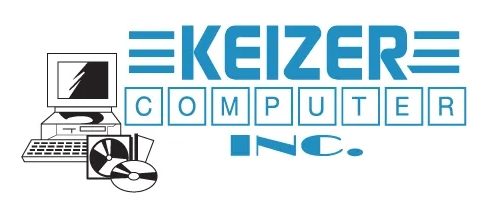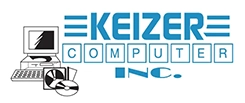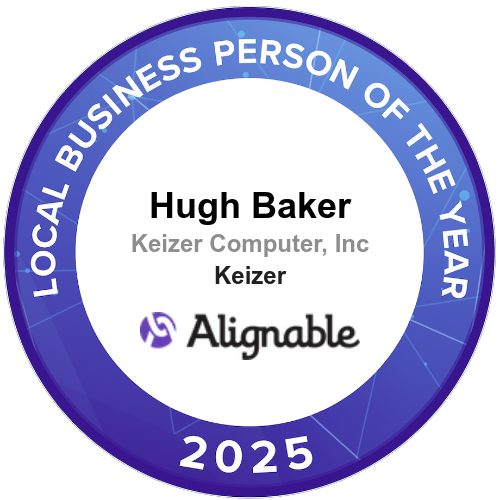Beneficial Ownership Information (BOI) Registry

Beneficial Ownership Information (BOI) Registry
What is BOI?
Making Business Ownership Transparent: The U.S. Treasury’s New Registry
Ever wonder how some people hide behind complicated business structures to commit crimes like money laundering or tax evasion? The U.S. government is working to stop this with a new tool: the Beneficial Ownership Information (BOI) Registry. Launched by the Treasury Department, this registry makes it harder to hide identities using businesses.
Here’s what you need to know about this new system and why it matters.
What’s the BOI Registry All About?
The BOI Registry is like a database that keeps track of the real people behind companies. Many businesses are used to covering up illegal activities because it’s hard to trace who owns them. This registry will help change that by requiring businesses to share owner details. It’s part of a bigger plan called the Anti-Money Laundering Act of 2020 (AMLA). This law is about cracking down on financial crimes and making the business world more transparent.
Who Has to Report?
Not every company has to submit their info—only certain ones. For example, small businesses and companies with fewer than 20 employees and less than $5 million in revenue must share details about their “beneficial owners.” These people own at least 25% of the company or control its run. Big companies, like publicly traded ones, don’t have to report since their ownership info is already public. For smaller businesses, this might mean providing personal details like names and addresses of key owners. Reporting companies report beneficial ownership information electronically through FinCEN’s website. The system is FREE to report and confirms receipt once a completed report is filed with FinCEN.
When Do I Report?
FinCEN began accepting reports on January 1, 2024.
- If your company was created or registered before January 1, 2024, you will have until January 1, 2025, to report BOI.
- Suppose your company is created or registered in 2024. In that case, you must report BOI within 90 calendar days after receiving actual or public notice that your company’s creation or registration is effective, whichever is earlier.
- Suppose your company is created or registered on or after January 1, 2025. In that case, you must file BOI within 30 calendar days after receiving actual or public notice that its creation or registration is effective.
- Any updates or corrections to beneficial ownership information you filed with FinCEN must be submitted within 30 days.
Don’t delay these filings; fines for late reporting include:
- Civil fines:$500 per day for non-compliance.
- Criminal penalties: Up to $10,000 or two years imprisonment for willful violations.
Why Does This Matter?
This registry is a big deal for several reasons:
- Stopping Financial Crimes: It makes it harder for criminals to use businesses as a cover for illegal activities like drug trafficking or funding terrorism.
- Better Cooperation with Other Countries: Financial crimes often involve multiple countries. The BOI Registry helps the U.S. work better with other nations with similar systems.
- More Accountability: By knowing who’s in charge of a company, the government can ensure businesses follow the rules.
Privacy and Security Concerns
Since the registry will hold sensitive information, the Treasury Department promises to keep it secure. Only authorized groups—like law enforcement—can access this data, and it won’t be available to the general public. This way, businesses can comply without worrying about privacy risks.
What Businesses Should Do
This registry might mean extra work if you own or run a small business. Here are some steps to get ready:
- Understand the Rules: Learn whether your business needs to report and what info is required.
- Stay Compliant: Missing deadlines or providing incorrect details could lead to fines.
- Work with Experts: If this sounds overwhelming, a legal or compliance expert can guide you.
Why This Change Is a Good Thing
While it might seem like a hassle, the BOI Registry is designed to make the business world more fair and honest. It levels the playing field by stopping shady businesses from hiding in the shadows. Over time, this could lead to a safer and more transparent economy.
By creating this registry, the U.S. is taking a stand against financial crimes and promoting accountability. It’s a change that may take some getting used to, but it’s a step toward a cleaner, more transparent system.

This article was written by:
Lisa I. Perez, SPHR, SHRM-SCP
Founder & CEO, HBL Resources, Inc.
She is an expert in Human Resources.
Share this article
Latest articles
June 28, 2025
June 25, 2025
June 15, 2025
June 10, 2025









